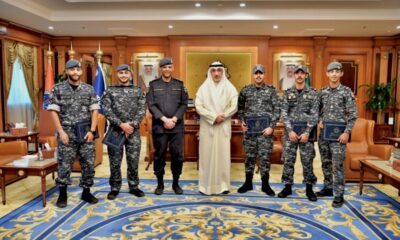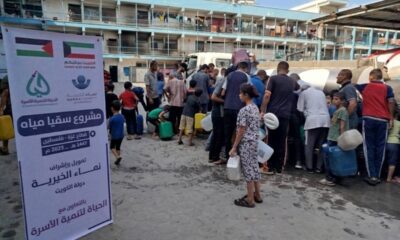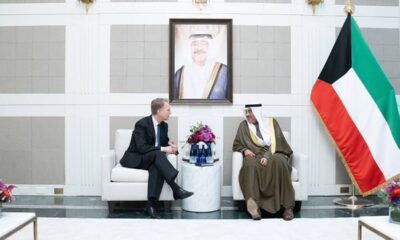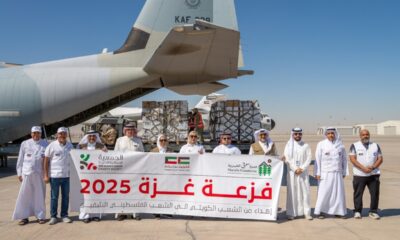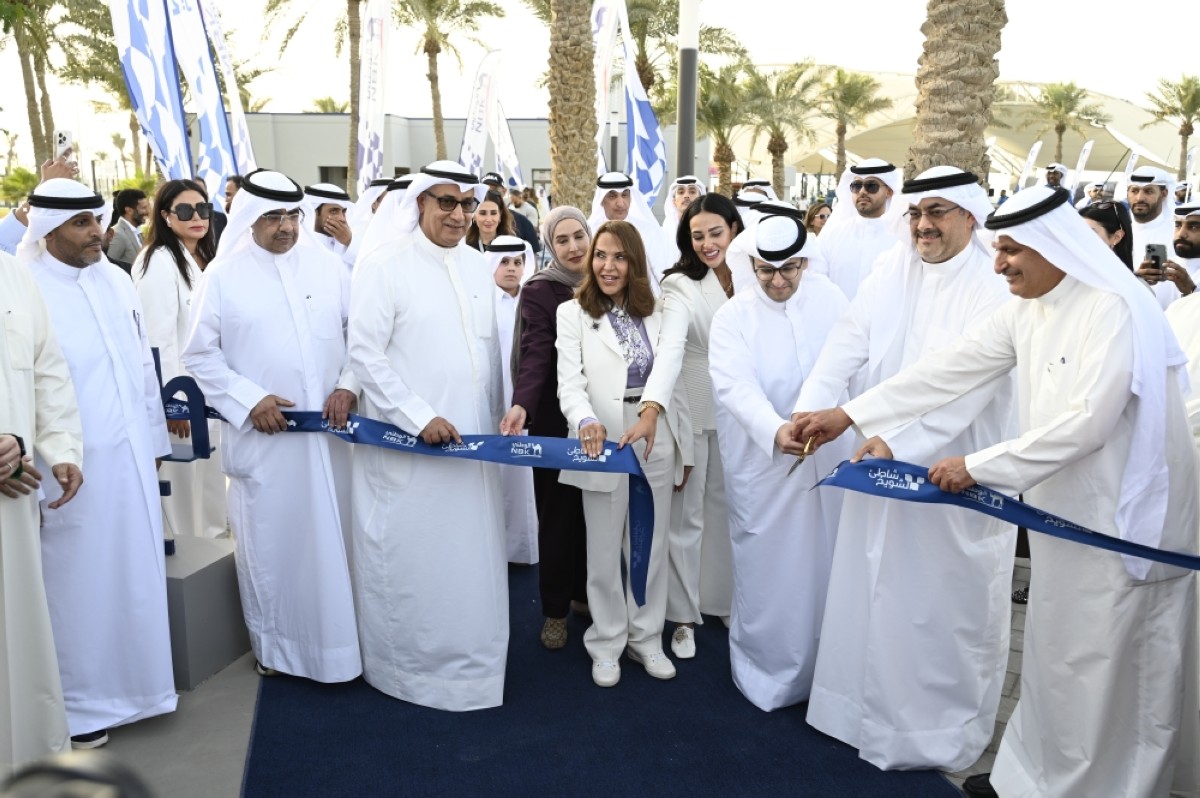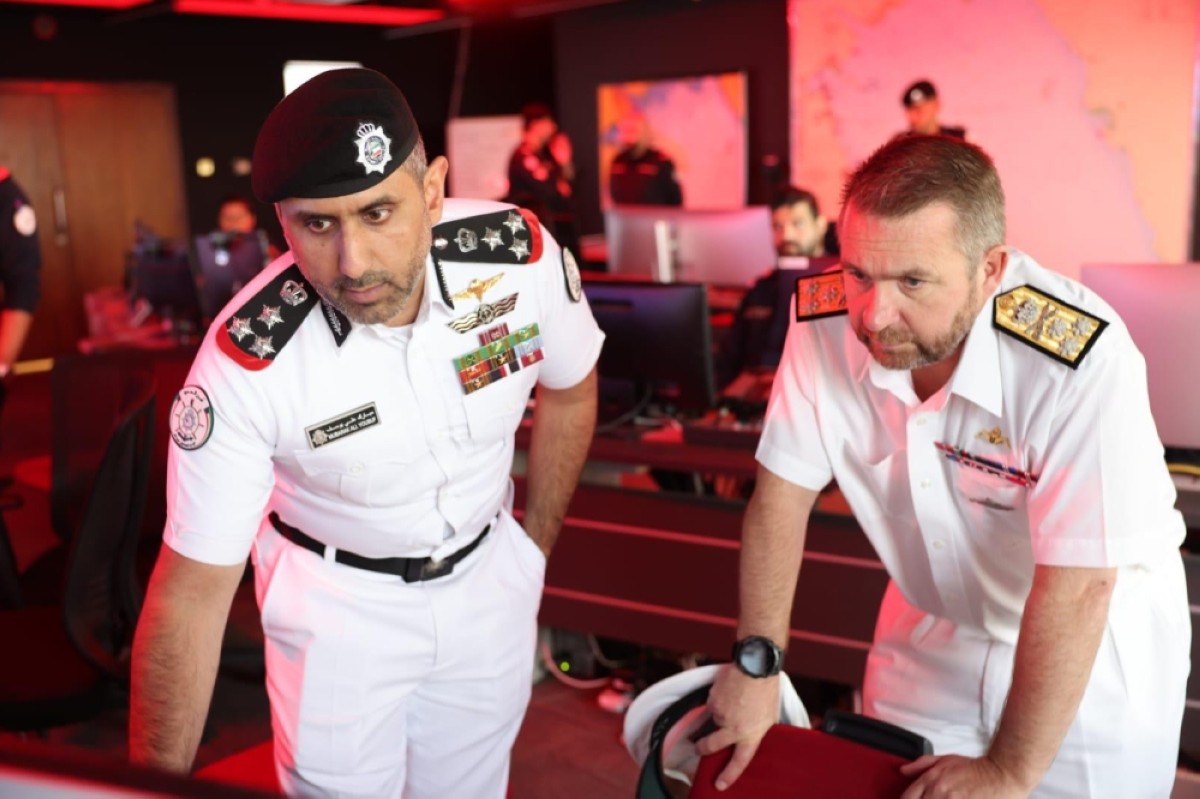Latest News
KRCS earns top US accreditation for first aid, CPR courses
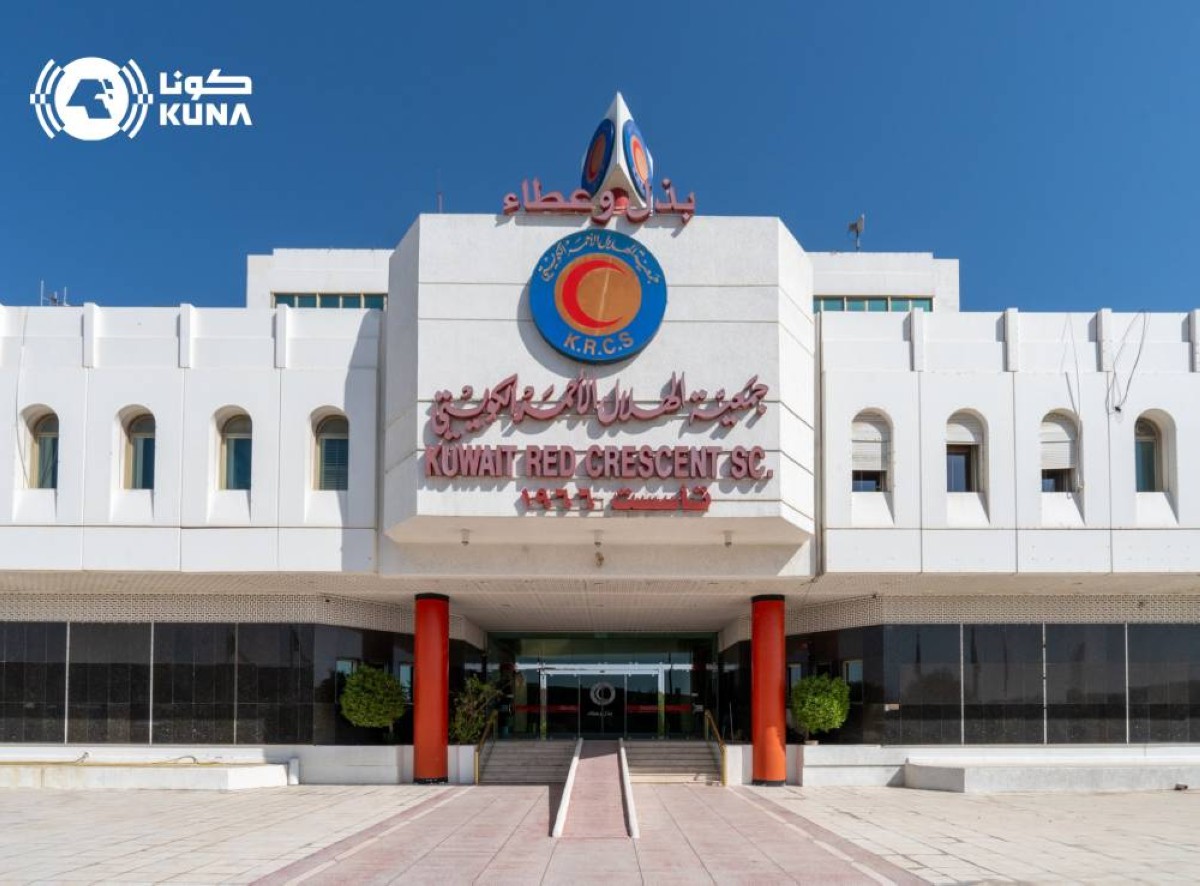
Latest News
Kuwait issues $11.25bn bonds | Kuwait Times Newspaper
Latest News
Revamped Shuwaikh Beach reopens | Kuwait Times Newspaper
Latest News
Kuwait, UK leaders discuss strengthening bilateral ties
-

 Latest News24 hours ago
Latest News24 hours agoKuwait joins medical regulatory body to boost global health governance
-

 Business17 hours ago
Business17 hours agoJapan’s central bank survey shows an improved outlook for manufacturers
-

 Politics10 hours ago
Politics10 hours agoJahra Traffic Crackdown: Vehicles Seized, Violators Arrested
-

 Latest News17 hours ago
Latest News17 hours agoAmir receives Crown Prince, speaks with Oman Sultan
-

 Latest News15 hours ago
Latest News15 hours agoMinister: Kuwait’s ranking on US Trafficking in Persons Report improved
-

 Latest News8 hours ago
Latest News8 hours agoCAN kicks off annual breast cancer awareness campaign
-

 Politics7 hours ago
Politics7 hours agoKuwaiti Fined KD 10,000 for Insulting Kuwaiti Society in Viral Video
-

 Latest News7 hours ago
Latest News7 hours agoKuwait to standardize recognition of foreign high school diplomas

